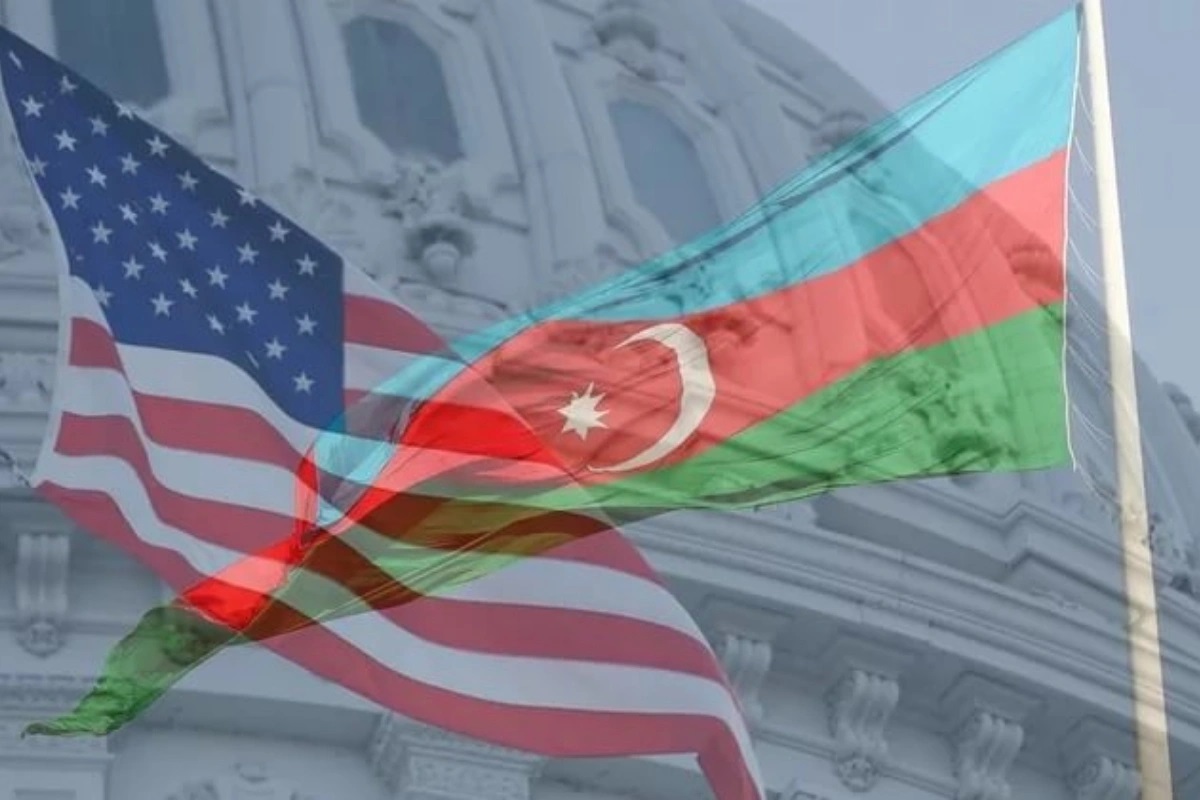Is the South Caucasus in Trump's plans? A view from Baku
Azerbaijan and the Middle Corridor
During his visit to Baku, U.S. Assistant Secretary of State James O’Brien discussed the potential for transporting goods from Central Asia to global markets through the South Caucasus countries. In other words, he touched upon the implementation of the Middle Corridor project.
Azerbaijani analysts believe that the geopolitical “game” involving the U.S., which sidelines Russia, may seem advantageous for Armenia and Turkey, as they do not share direct borders with Russia. However, for Azerbaijan, this entails taking a significant risk.
“The recent debates have shown that all calculations must now consider the possibility of a second Trump presidency. To what extent will Washington support the Middle Corridor project under Trump, who advocates for isolationist policies and withdrawing the U.S. from its global leadership role? Will it support it at all? Is the South Caucasus part of Trump’s plans?” experts from the “Şərqə baxış” (“Look to the East”) group ask.
- Azerbaijan refused to cooperate with another European institution
- Georgian NGOs: The threat of freezing the EU accession process is real
- Armenian government to compensate flood-affected residents
“Knocking on Azerbaijan’s door”
“In his recent statement, U.S. Assistant Secretary of State for European and Eurasian Affairs James O’Brien, who visited the South Caucasus last week, highlighted Azerbaijan’s significant potential for transporting goods from the Caspian Sea through Georgia to global markets.
However, Americans also see substantial opportunities for transporting goods through Armenia to Turkey, the Black Sea, the Atlantic Ocean, and primarily the Mediterranean. Washington believes that the realization of these plans depends on an agreement between Armenia and Azerbaijan.
The U.S. is already discussing support for Azerbaijan and the implementation of the Zangezur corridor to access Central Asia. It was evident that this process would eventually reach this stage. Geographic realities made it inevitable that knocking on Azerbaijan’s door would be necessary.
In other words, U.S. interest in the South Caucasus extends beyond its presence in Armenia, encompassing a regional strategy. Amid closer ties between Georgia and Russia, the U.S. is trying to engage Armenia, viewing it as a transit country through which the Middle Corridor, connecting Eastern Europe, the South Caucasus, and Central Asia, can pass, leaving Russia out of the equation.
The invitation of Armenia and Azerbaijan to the upcoming NATO summit in the U.S. is the most significant indicator of a new era.”
“A new leverage for Turkey”
“While one aspect of the new process involves a peace agreement between Armenia and Azerbaijan, the other involves the opening of borders between Armenia and Turkey.
In this regard, U.S. and Turkish views align. The Turks believe that to implement the Middle Corridor project under conditions favorable to the U.S., Turkey requires political and financial support from across the ocean.
At the same time, Ankara thinks that by bringing NATO into Central Asia, they will gain new leverage over the West. It’s no coincidence that, with this in mind, Turkey is striving to open its borders with Armenia as soon as possible.”
“Points of сoncern”
“There are two serious points of concern.
First, the only country along the Middle Corridor route that has a land border with Russia is Azerbaijan. The geopolitical game involving the U.S., which sidelines Russia, may seem advantageous for Armenia and Turkey, who do not have direct borders with Russia. However, Azerbaijan will have to take an explicit risk.
Given that Russia has stumbled but not fallen on the Ukrainian front, openly engaging with a ‘wounded bear’ does not promise a joyful ending.
Second, recent debates have shown that all calculations must now consider the possibility of a second Trump presidency. To what extent will Washington support the Middle Corridor project under Trump, who advocates for isolationist policies and withdrawing the U.S. from its global leadership role? Will it support it at all? Is the South Caucasus part of Trump’s plans?
In a situation where risks are evident and questions remain open, Azerbaijan must choose its steps wisely. A peace agreement with Armenia will inevitably have to be signed sooner or later. However, turning this agreement into a point of contention for major powers in the South Caucasus raises serious concerns.
In our view, the most optimal approach now is to adopt a wait-and-see position until the end of the U.S. presidential elections.”




















